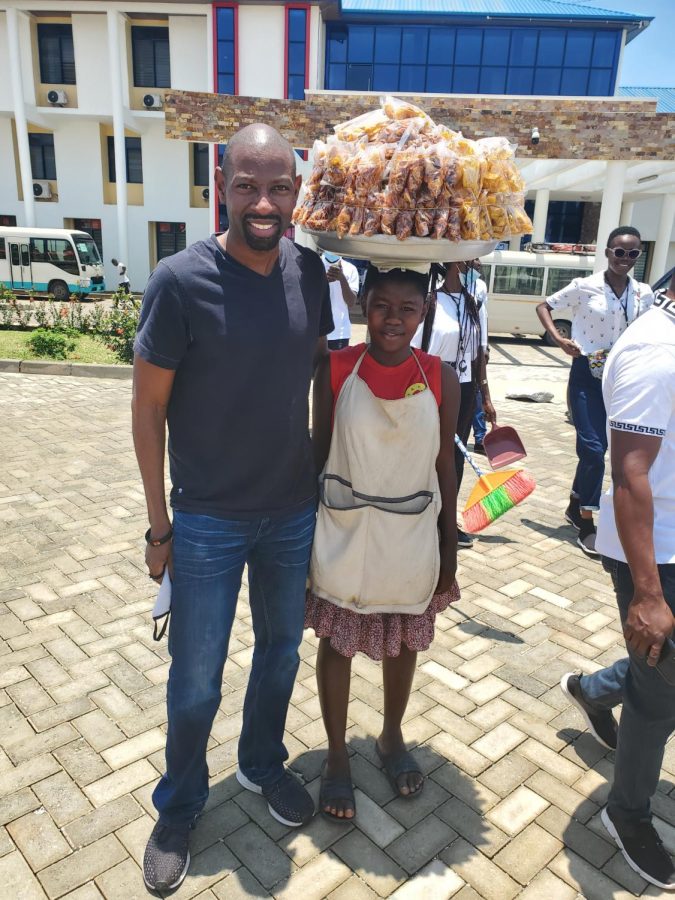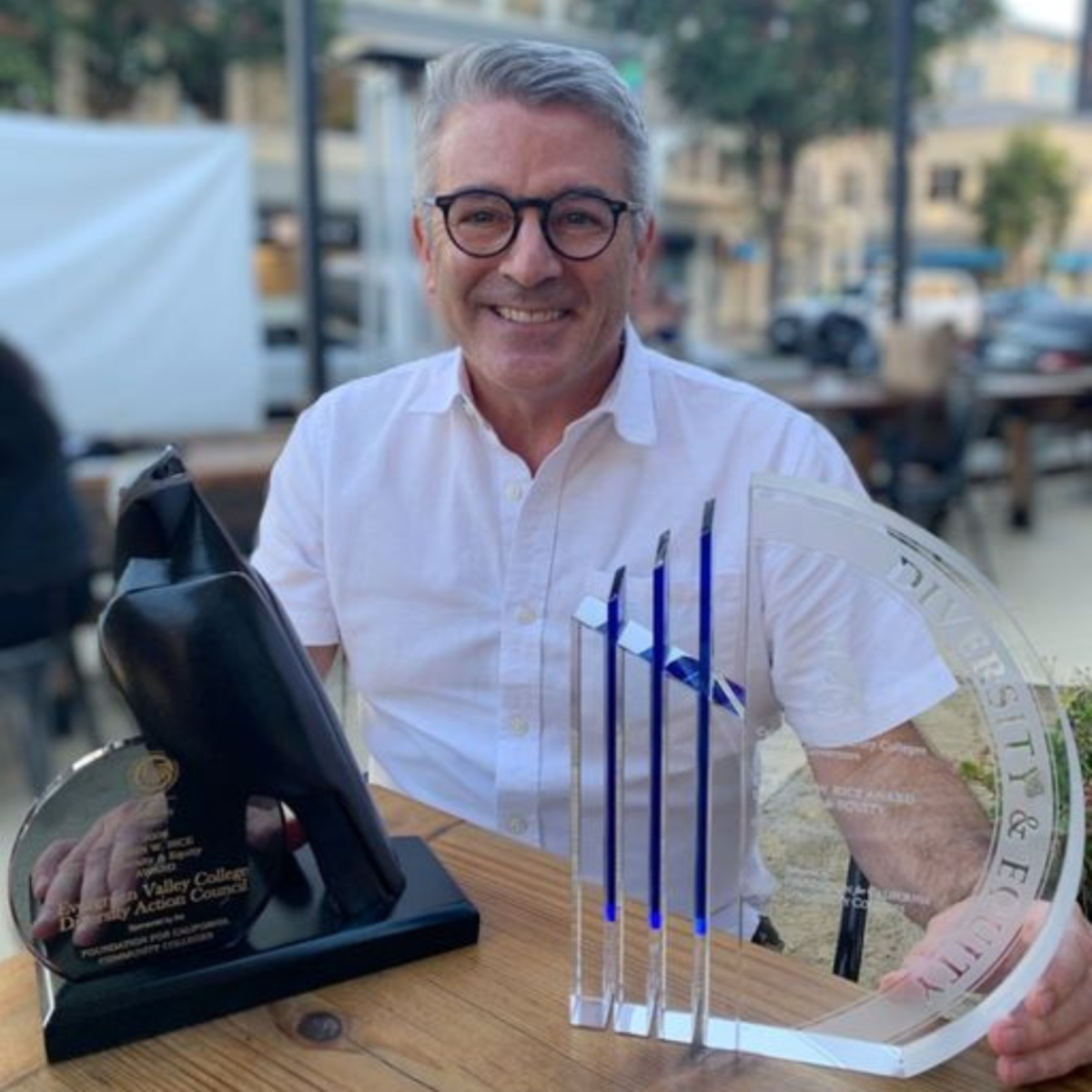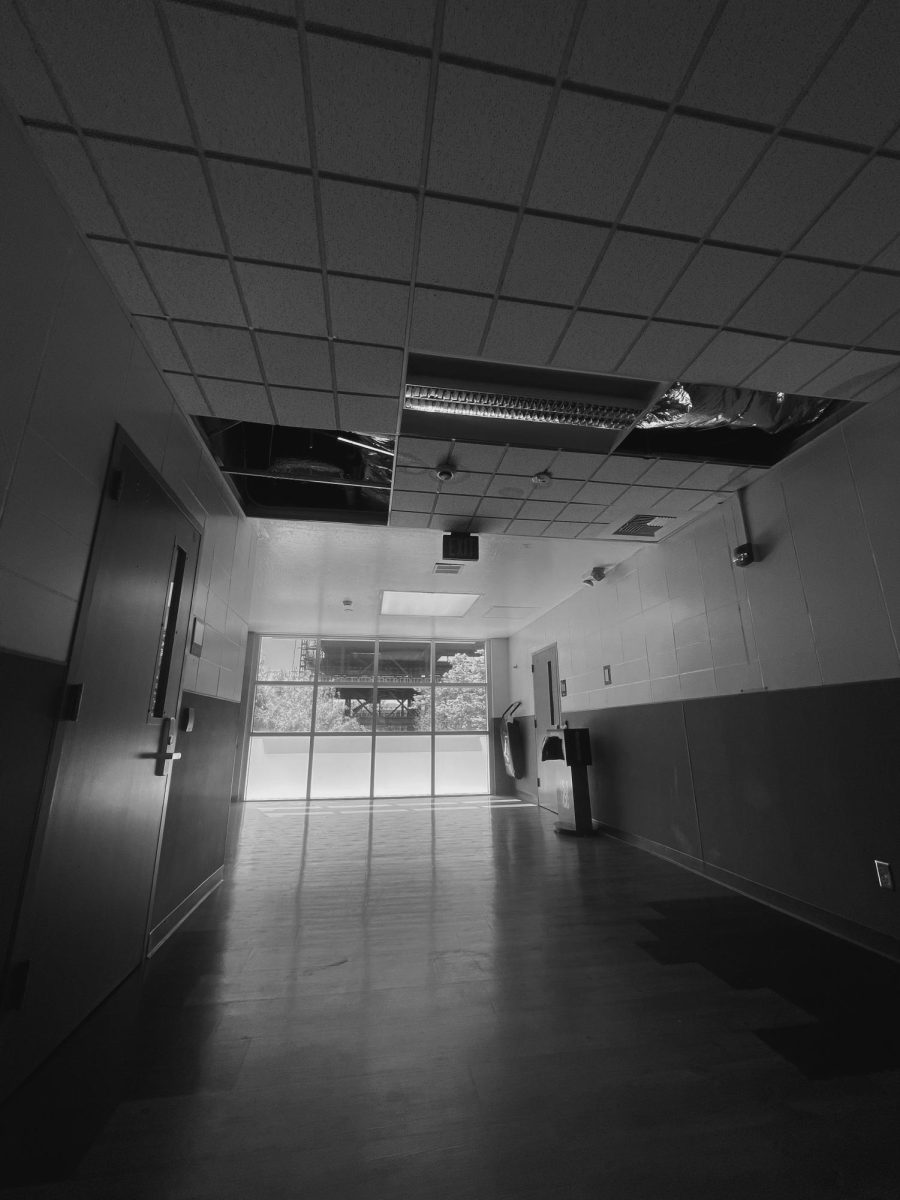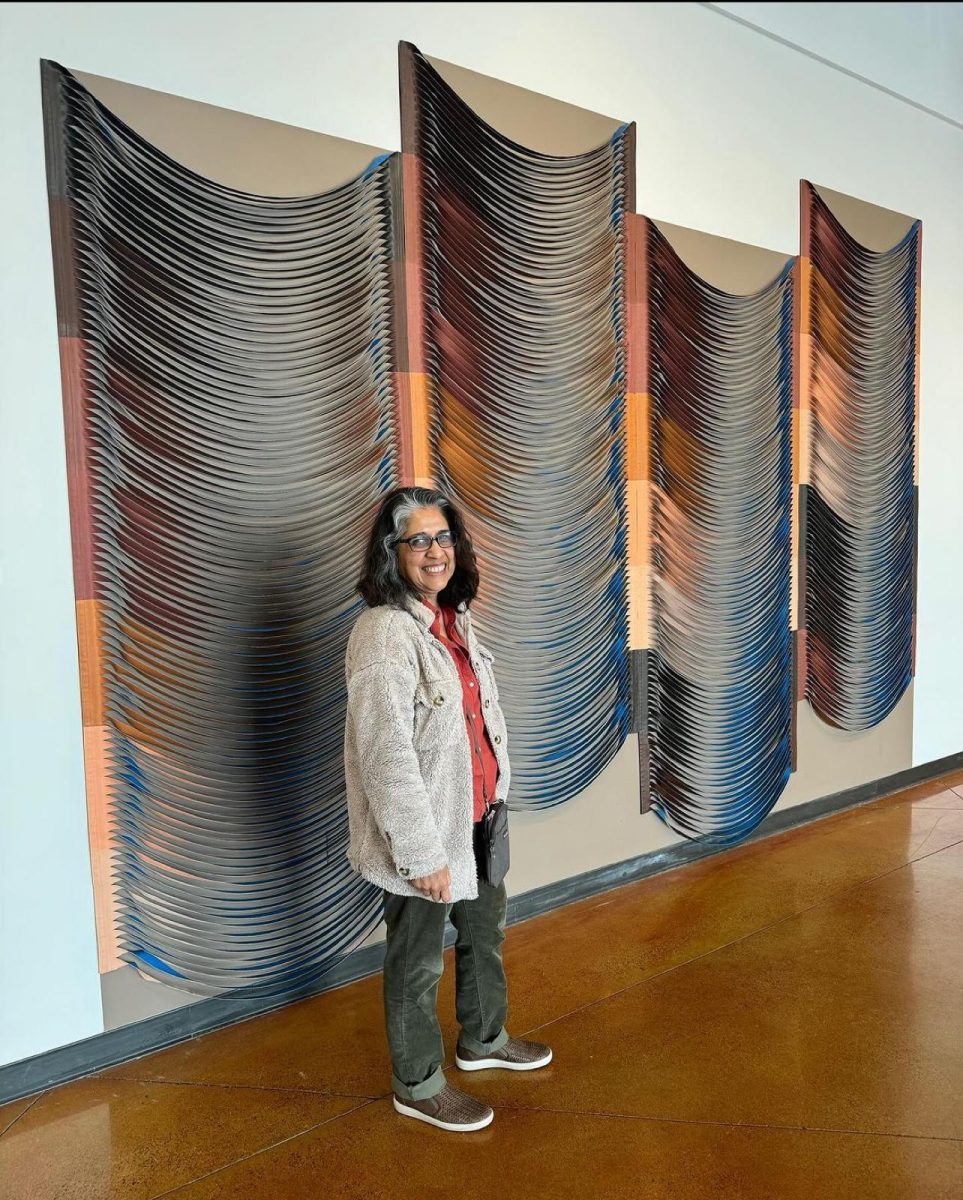Dedrick Griffin is an english composition and critical thinking professor at San Jose City College, who graduated from Middlebury College. Recently, along with other educators from different parts of the United States and Ghana, Griffin participated in the “All African Diaspora Education Summit” that occurred Sept. 19-24. The conference’s focus was to bring educators from around the globe to discuss implementing a more Afrocentric curriculum. After Griffin’s return, he had some reflections on the criticality of the summit’s purpose, “The reason this is important is because many of us have not read a textbook or novel that was written by an African American through grade school and all throughout highschool,” he said. Griffin further emphasized, “I didn’t have an African American instructor until I got to graduate school, so if you can imagine it’s not everyone’s experience but it’s most of our experience.”
Griffin expressed his belief in the importance of representation of African Americans in college curricula, saying that, “It means something to see yourself or hear about yourself in a novel or in some way being represented, and we didn’t have that.”. The goal of having more Afrocentric course content was the hot topic at the conference. Speaking on this, Griffin said that there were “…deans there that had recommended books, and if they are used early on, by the time students enter highschool and college they’ve seen how people that look like them are capable of reaching a higher level.”
Griffin, commenting on his 11 year tenure, “It has been tricky for me here at San Jose City College because we are not as diverse with African Americans in the classrooms and I do believe Latin Americans have gone through trauma as well so I’ve been uncomfortable making all my curriculum all about African Americans,”mentioning further he still feels that Afrocentric material is information that is salient and essential. Griffin still wants to remain cautious, noting that he doesn’t feel comfortable making his course material entirely concentrated on Afrocentrism, stressing that his course will still be “…based on the institution that I am in.”
Griffin also discussed how he recently held a presentation on Tulsa’s Black Wall Street in one of his courses, “I want my students to have a more realistic understanding of people of color because we sort of have a hasty generalization that others have on us and they don’t realize we created one of the most vibrant, economically, successful areas in this entire country,” emphasizing untruth in the “… narrative that tries to paint us as not being able to create infrastructure, and do some of these amazing things.”
Griffin spoke additionally about how despite the fact that African Americans are some of the most advanced surgeons and doctors in the world, they don’t get the magnification they deserve, “There are a lot of things that we don’t get credit for and it’s not just people who aren’t African American, it’s us too.”
Griffin feels that he acquired an immense amount of knowledge to take back to SJCC, but also that the beautiful country of Ghana had historical monuments that resonated with him deeply. Reminiscing on his experience, Griffin said, “Something that really stood out to me was after we had went to the slave dungeons and went to the last bath where slaves got to bathe before they were acutioned off and sent to the slave dungeon.” Griffin revealed how the trip divulged the true inhumanity of slavery, “ …that room where they put 120 to 150 of us, just being in that room was hot and not knowing when you are going to get your next meal or not having a bucket to go to the bathroom just seemed so unrealistic to survive.”
Griffin was open about how his main motivation behind the sojourn was to “…see where our people came from; because if you think about the way they handled the slave trade, those individuals had aunts, friends, and significant others that were torn from their homes and never got to go back”
Griffin shared honestly about his main takeaway:
“It’s important learning how to teach us because if I never had African American instructors and I never sort of had that I still need to be filled to a certain extent with how do I give that to something to students that I had never received.”







